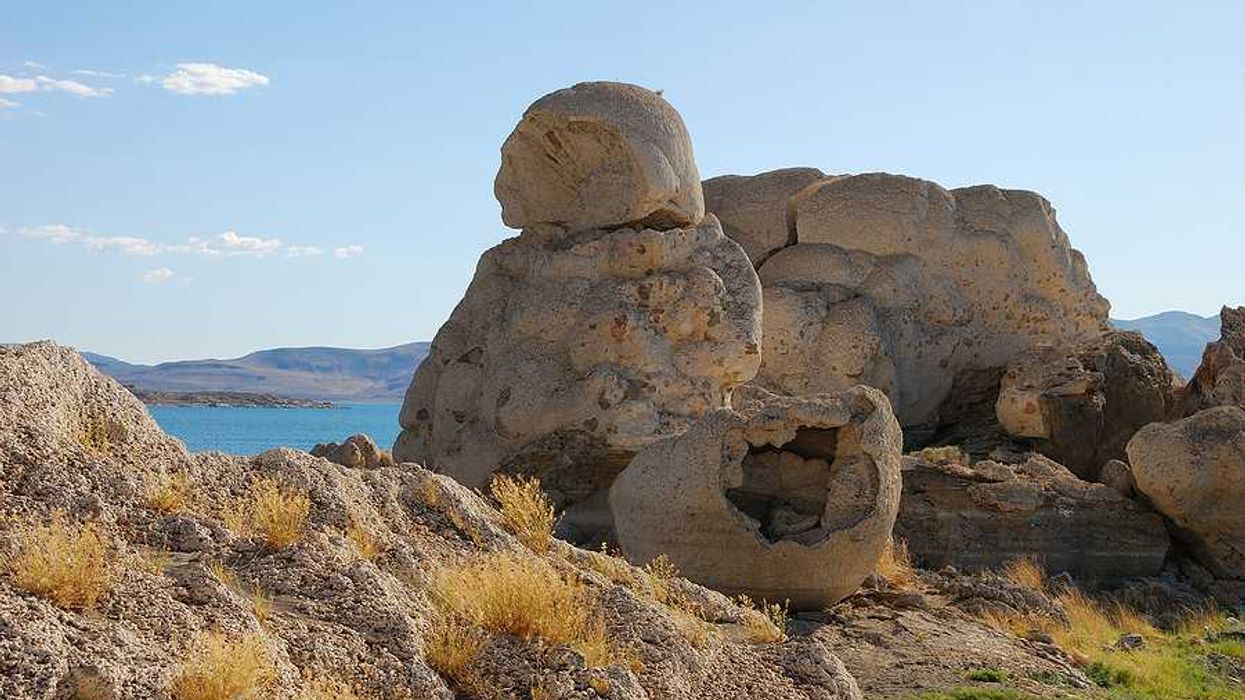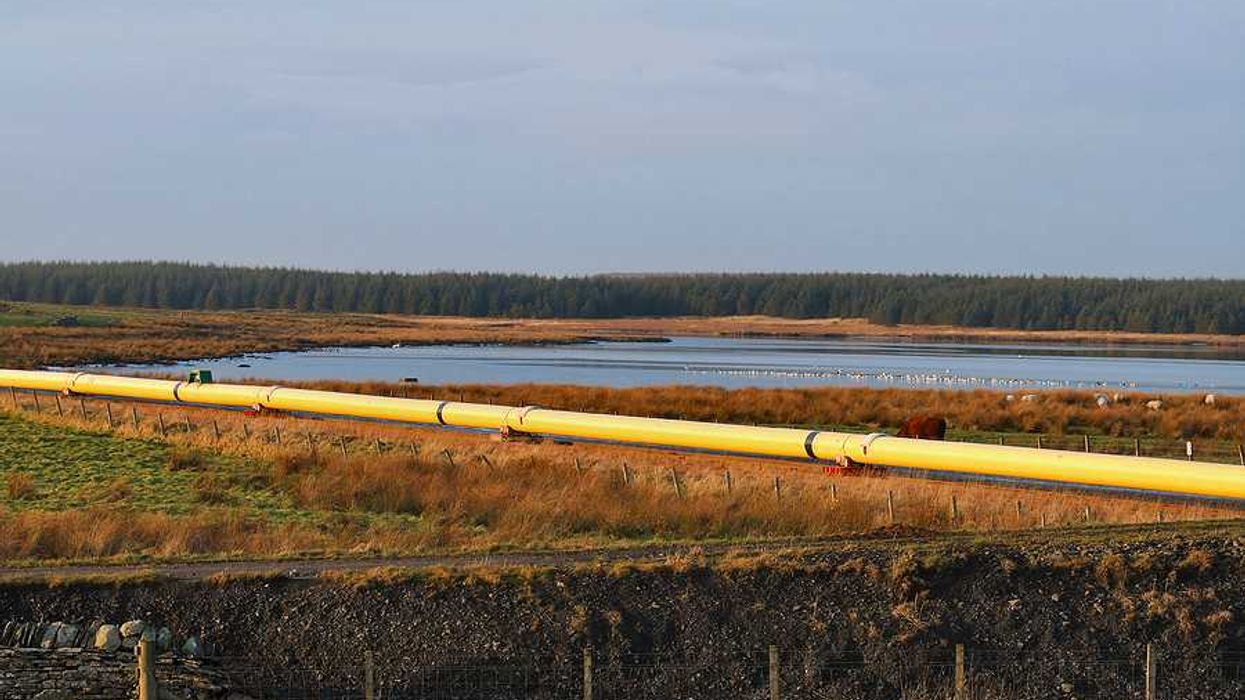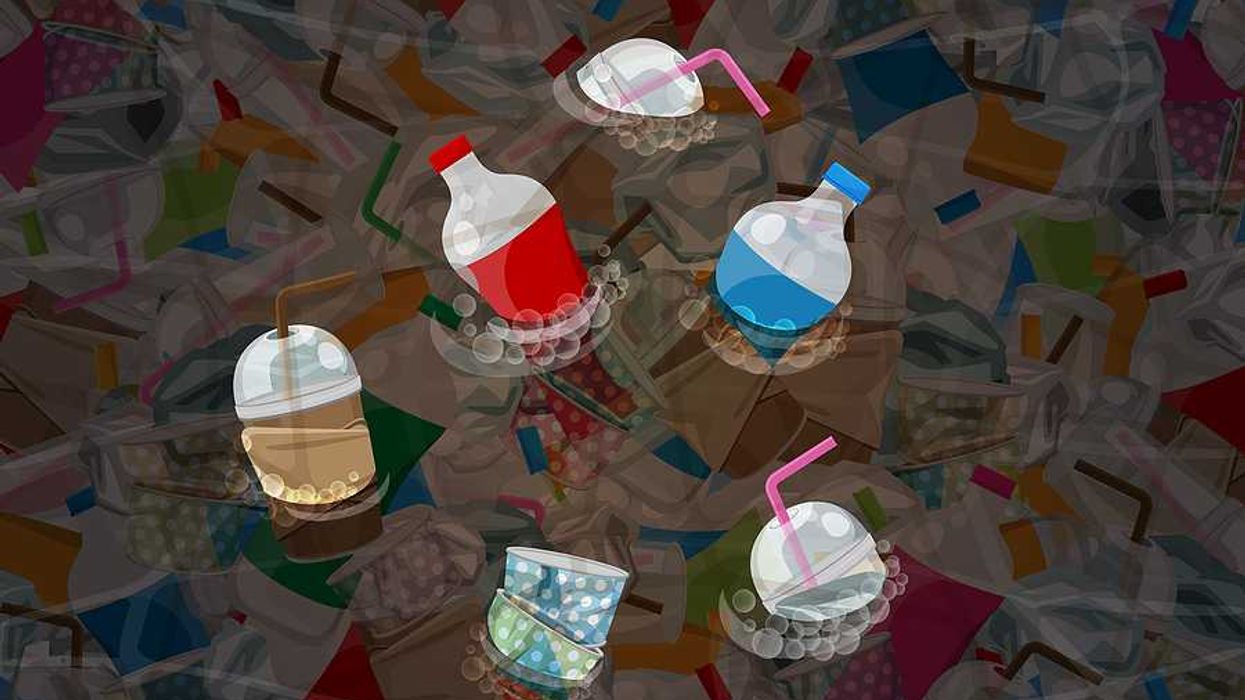Despite pledging to reduce toxins, President Trump’s policies are rolling back environmental protections and slashing medical research funding, raising alarms among scientists and public health advocates.
Thomas B. Edsall writes for The New York Times.
In short:
- The Trump administration has moved to weaken or eliminate regulations on air and water pollution, toxic chemicals, and climate protections, including scrapping lawsuits and standards targeting cancer-causing emissions.
- Cuts to NIH research funding and limits on overhead reimbursement are threatening university research programs and delaying critical studies, including treatments for children with rare genetic conditions.
- Scientists warn that deregulatory moves could result in higher rates of disease, particularly among vulnerable populations, while also gutting U.S. leadership in biomedical science.
Key quote:
“It is hard to imagine a more sweeping agenda to make Americans less healthy.”
— Abigail Dillen, president of Earthjustice
Why this matters:
Environmental deregulation doesn’t just reshape policy — it can raise pollution levels in communities, particularly those already burdened by poor air and water. Rolling back protections on chemicals like chloroprene and trichloroethylene, both linked to cancer, leaves people more exposed. At the same time, deep cuts to scientific research hobble the development of new treatments and disrupt studies into disparities in health outcomes. Reduced monitoring and weaker standards could allow toxic emissions to rise, while delays in banning harmful substances prolong exposure, especially for children. These changes don’t happen in a vacuum; they ripple through communities, hospitals, and ecosystems.
Related: How deregulation and climate change threaten maternal health across the U.S.














